…..Says it could increase items on forex restriction list to 50


Ahead of 2019 elections, CBN to spend $53billion to defend naira

Related Articles
Netflix raises subscription fees in Nigeria, the second in three months
by Ramlat Ibrahim Netflix has again announced another tariff hike for its...
Exciting prizes up for grabs with FirstBank Visa Gold and Visa Infinite Cards in 2024 summer campaign
First Bank, the West African premier financial institution and financial inclusion services...
Transcorp Hotels achieve 188 percent growth in 2024 half year
Transcorp Hotels, the hospitality subsidiary of one of Africa’s leading listed conglomerates,...
Why FG injected N1trn palliatives into manufacturing sector – Finance Minister Edun
The Federal Government has disclosed that a total sum of N1 trillion...
Breaking: Again, CBN increases interest to 26.75 percent
The Central Bank of Nigeria (CBN) has raised the monetary policy rate...
I’m no longer interested in investing in Nigeria’s steel industry, says Aliko Dangote
Alhaji Aliko Dangote, the Chairman of Dangote Industries Limited, has halted the...
With giants campaign, First Bank is truly woven into society’s fabric
The ‘Giant in you’ campaign of the FirstBank has again confirmed the...
CBN sells $122.67m to 46 authorized FX dealers
The Central Bank of Nigeria (CBN) says it has sold $122.67 million...
Nigeria’s FX reserves hit $35.05 bln, highest under Pres. Tinubu
Nigeria’s external reserves continue to soar, as the foreign exchange reserve hit...
UBA MD, Alawuba, appointed Chairman, CIBN Body of Banks’ CEOs
Oliver Alawuba, the Group Managing Director/Chief Executive Officer of United Bank for...
Nigeria seeks $172bn investment boost in key sectors
Nigeria Backbone Infrastructure Limited, a multinational company, has announced plans to invest...
Tinubu to release N2trn to revamp Nigerian economy
President Bola Tinubu has promised to revamp the Nigerian economy by injecting...
FG grants withholding tax exemptions to SMEs, farmers, manufacturers
Mr. Taiwo Oyedele, the Chairman of the Presidential Committee on Fiscal Policy...
Nigeria’s foreign investment inflows grow by 210% in Q1 2024
Foreign investment inflows to Nigeria grew to $3.38 billion in the first...
CBN gets 7 days ultimatum to account for missing N100bn dirty notes, public funds
SERAP said the allegations are documented in the latest annual report recently...
Nigeria’s external reserves surge to $34bln, first since March
Nigeria’s external reserve hit a new milestone in June, rising to $34.07...
Regulation of crypto, digital assets now under full control, says SEC DG
The Securities and Exchange Commission (SEC) says it has complete oversight and...
Glory days ahead for the naira – CBN Gov. Cardoso
Dr. Olayemi Cardoso, the governor of the Central Bank of Nigeria (CBN),...
Dangote Sugar Refinery registers N209bln multi-instrument issuance programme
In a bid to uphold the standard of its corporate objectives, Dangote...
CBN issued IMTOs Naira access to boost remittances
The Central Bank of Nigeria (CBN) says it has implemented new measures...












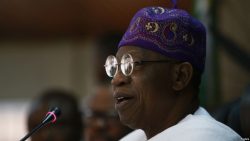








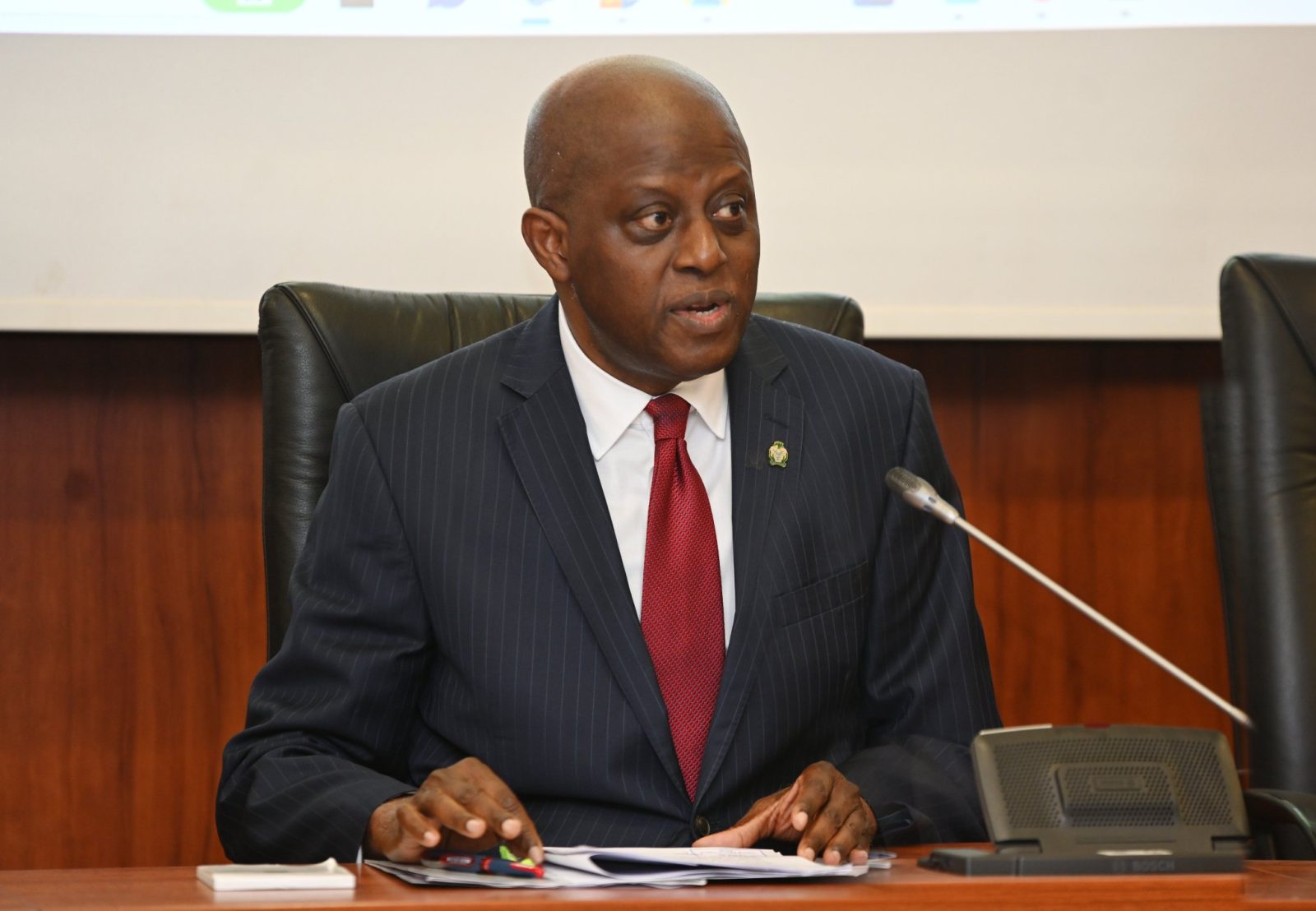


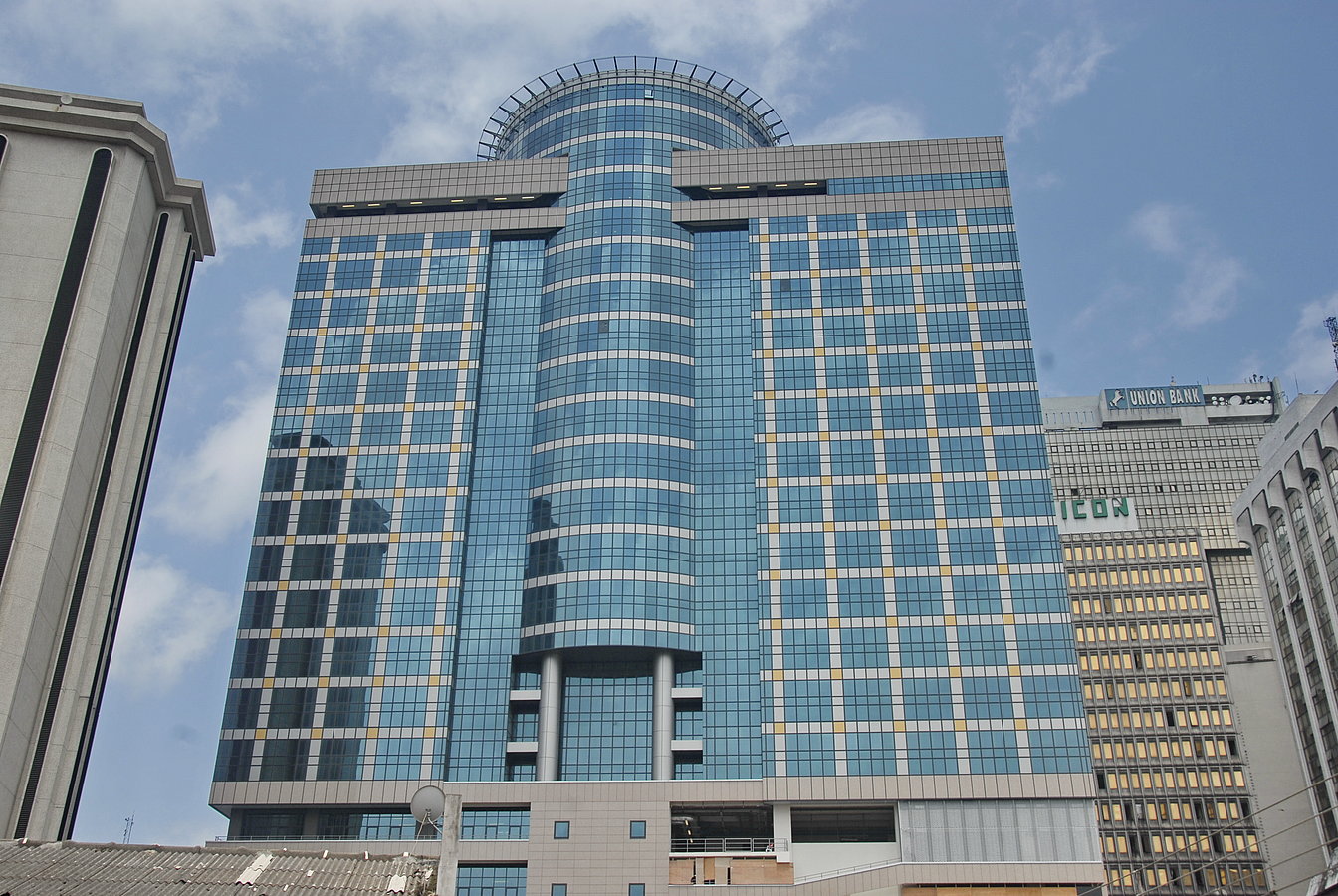
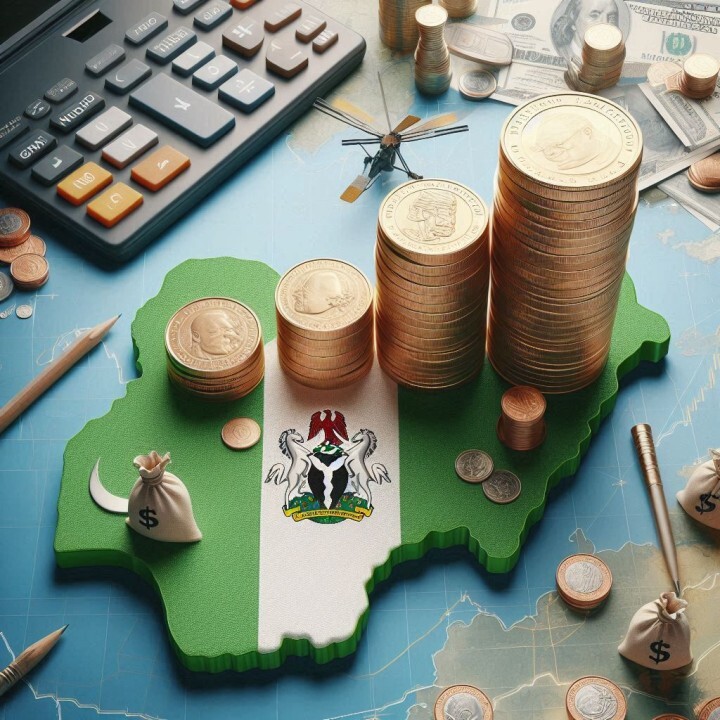


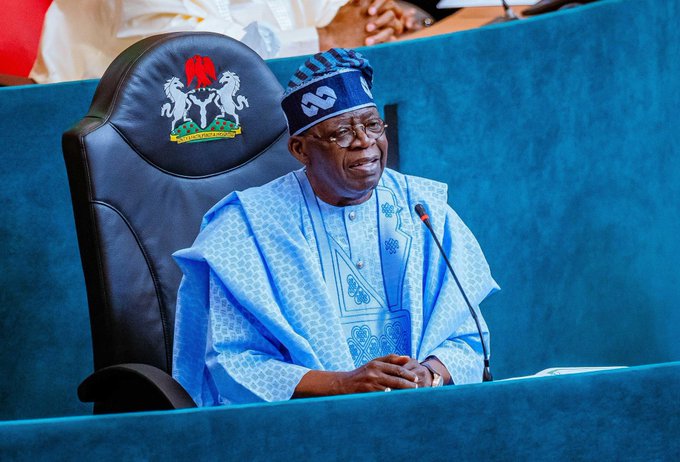



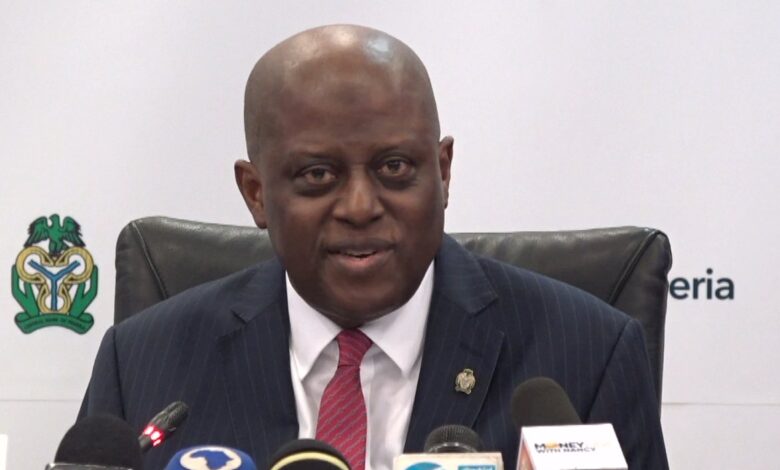

Leave a comment